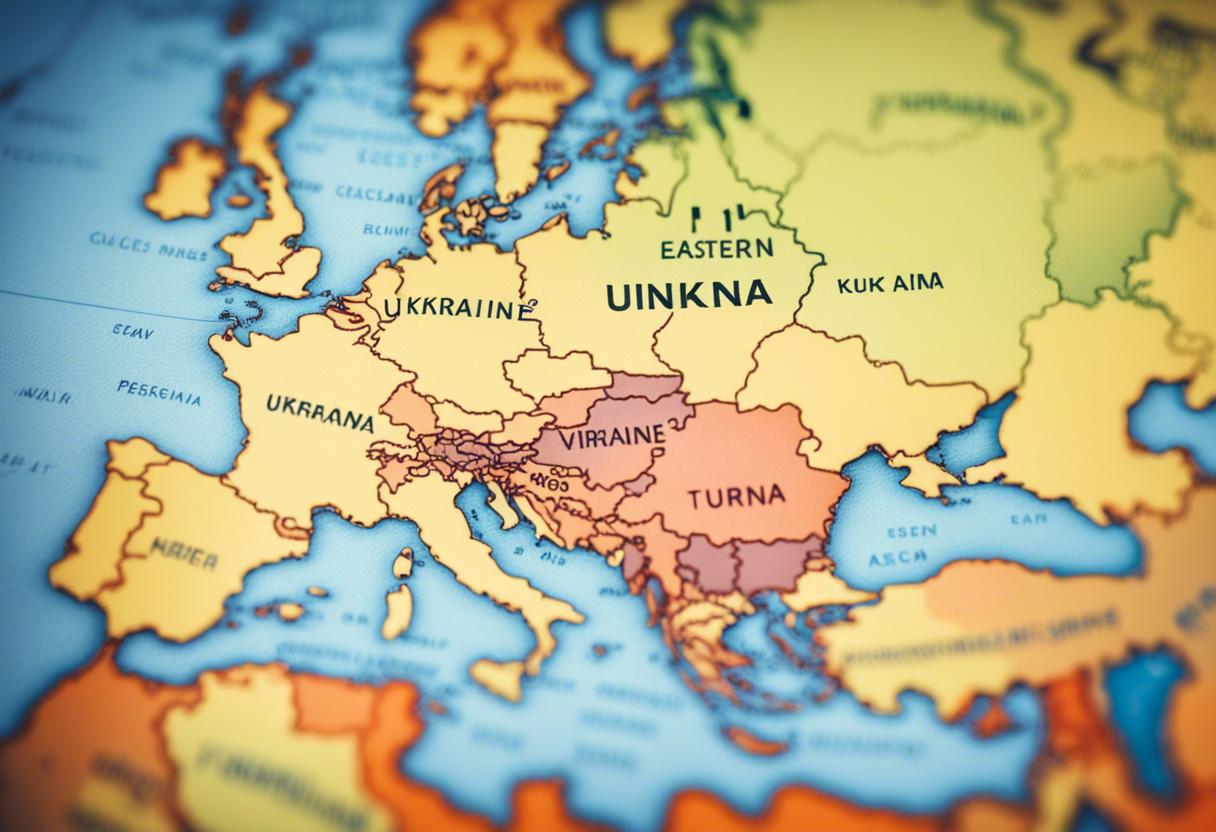Nato’s Secretary General Jens Stoltenberg recently voiced approval for Ukraine’s foray into Russia’s Kursk domain, explaining that according to international law, Ukraine’s right to protect itself doesn’t stop at the border. He delivered these remarks during an interview with German publication Welt am Sonntag, his first comment on Ukraine’s venture into Russian grounds.
Stoltenberg articulated that Nato had not received any pre-emptive information about the said move and was in no way involved with it. He affirmed that while such action invites risk, how Ukraine chooses to execute its military strategy remains its decision.
Ukraine’s President, Volodymyr Zelenskiy, had reportedly stated that the operation aimed to set up a buffer zone as a preventative measure against further attacks from Russia.
On 6th August, Ukraine initiated a significant trans-border incursion into the Kursk region while Russian troops continued their advances towards Pokrovsk, a critical area in Eastern Ukraine. This intrusion was a focal point of discussion at a Nato-Ukraine-Council assembly, which was called by Kyiv amidst some of Russia’s heaviest aerial strikes on its territory.
Russia slammed the Kursk operation as a “serious provocation”, promising a response. This occurs alongside reports of a Ukrainian assault on the southwestern Russian city of Belgorod, where five people were killed and 46 injured, including seven children, according to local authorities.
Russia’s investigation committee also launched a criminal investigation into the Belgorod assault, as reported on its Telegram channel.
Reports emerged on Saturday that a female civilian was wounded during the regular artillery fire from Ukraine on the border town of Shebekino, in the Belgorod district. This region, among others, has become the prime target of Ukraine’s frequent offensives against Russia in the past few months.
Both Moscow and Kiev have insisted that their military operations, which kicked off when Russia deployed thousands of troops into Ukraine in February 2022, do not intentionally aim at civilian populations. The move by Russia has been officially branded a “special military operation”.
Previously on Friday, a guided missile strike carried out by the Russians on Kharkiv, a city in northeastern Ukraine, impacted a multi-storey residential structure and a children’s playground. Local officials stated that the assault resulted in seven fatalities and at least 77 injuries. Ukrainian President Volodymyr Zelenskiy confirmed that a 14-year-old lost her life in the attack. Similarly, Kharkiv’s mayor, Ihor Terekhov, reported a child died on the playground.
The 12-level apartment building burst into flames following the hit, leading to the retrieval of a female body from the debris and increasing the death toll to seven. Approximately 20 of those injured were in critical condition, according to regional Governor Oleh Syniehubov.
The impact triggered a massive fire, producing black smoke and setting the top floors and several vehicles in the vicinity ablaze. Emergency response teams and volunteers scrambled to rescue survivors. One of the deceased was found under a carpet, surrounded by law enforcement officers.
Shocked victims of varying ages, some bleeding, were seen sitting outside receiving medical attention. Kharkiv has suffered relentless Russian airstrikes during the conflict. However, there’s been a recent decline possibly due to surprising Ukrainian strikes in Russia’s Kursk area.
It is understood from Ukrainian officials that Friday’s strike included five guided aerial bombs launched from the Belgorod region of Russia. These bombs, also known as glide bombs, are equipped with navigation systems to accurately reach their targets and are challenging to intercept. Their deployment in the ongoing conflict in eastern Ukraine has proven significantly destructive.
Following the Kharkiv attack, Zelenskiy re-appealed to Western allies to authorise Ukraine to utilise Western long-distance weaponry in targeting Russian military airfields. “Such an attack… wouldn’t have taken place if our defensive troops possessed the capability to eliminate Russian military planes at their stations,” expressed Zelenskiy via Telegram. “There is absolutely no sound rationale supporting restrictions on Ukraine’s defences.” This information comes courtesy of Reuters.

